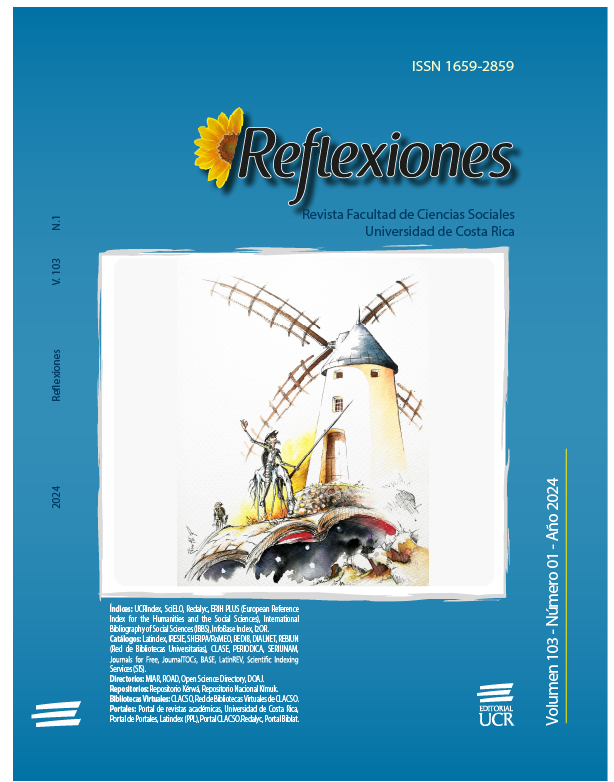Abstract
Introduction: Currently, the specialized literature agreed on the need to democratize knowledge in techno-cognitive decision-making. In particular, some participation mechanisms are questionated because are considered mere exercises used to legitimize pre-existing decisions. This accounts for the need to outline new tools to analyze the participatory dynamics in the generation of projects and technologies for local development.
Objective: This paper aims to propose an analytical framework to map participatory dynamics, applied to the analysis of local development projects promoted by research institutions through the design and apply of a specific typology.
Methodology: This qualitative research is based on two case studies, which involved in-depth interviews with relevant actors, documentary analysis and fieldwork in key participatory action research. To carry out the analysis, we use a theoretical-methodological approach based on the sociology of constructivist technology, which proposes to inquire the way in which society and technology are co-constructed.
Results: The analysis of two case studies alowed to identify two different trajectories of social participation. The first case initiate with aa broad participation experience, but derived a form of expert control. The second case began with expert control, but participation broadened and intensified throughout the process.
Conclusions: Finally, the paper propose some reflections on how participatory dynamics work in the promotion of interactive learning processes and capacity building in techno-scientific projects for local development.
##plugins.facebook.comentarios##

This work is licensed under a Creative Commons Attribution-NonCommercial-ShareAlike 4.0 International License.
Copyright (c) 2022 Gabriela Mijal Bortz, Santiago Manuel Garrido


